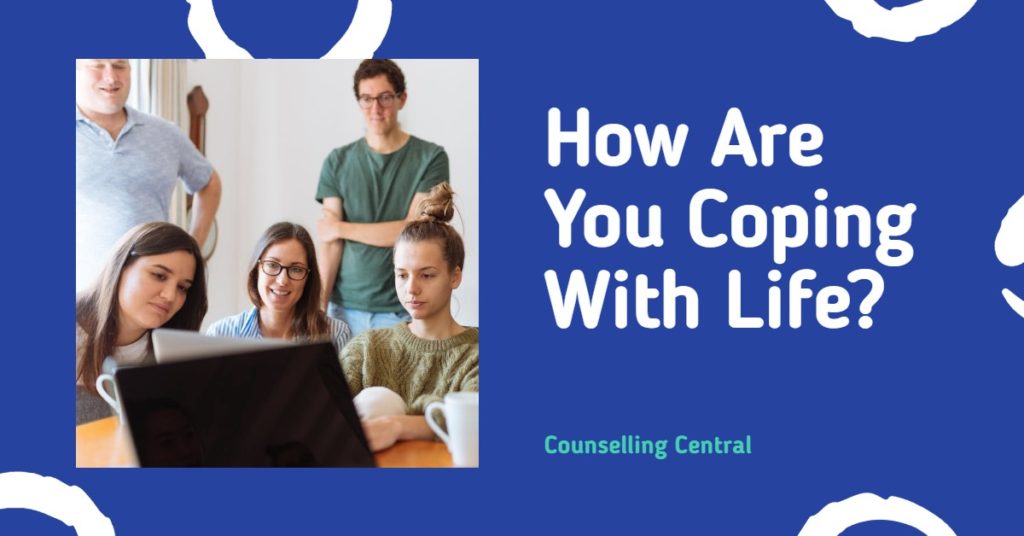This year marks the 200th Anniversary of the birth of Louis Braille, the young Frenchman who gave to people with little or no sight their marvellous means of reading by touch.
Louis was born on 4th January 1809 at Coupvray, about 25 miles east of Paris, the fourth and last child of Simon-Renee and Monique Braille. He was a sickly child, but gained strength and became an active little boy. One day, against his mother and father’s strict instructions, Louis was playing in the workshop where Simon-Renee made saddles and harnesses, and damaged an eye with a leather-working tool. Infection spread to the other eye, and Louis became totally blind before he was four years old. The parents were understanding and sensible people who helped and encouraged their son to make the best of things.
Louis was bright and intelligent, and among those who took an interest in him was the parish priest at Coupvray. This far seeing man was instrumental in getting a place for Louis at the Institution for the Young Blind in Paris (one of the very few schools for visually impaired children) which he joined at ten years of age. Living conditions were harsh; education was basic indeed, mainly because of the great problem of reading. Books were produced with Roman letters embossed on thick paper, but they were extremely difficult to read and there were very few of them. Louis, not yet a teenager, determined to try to improve matters.
For the next few years he made huge efforts, when not engaged in his own studies, to devise a more effective means of reading by touch. He was aware of a system of raised dots and dashes intended as a form of night-writing among soldiers, but this was cumbersome and complicated. The outcome of Louis’ painstaking experiments was a system built around six raised dots like the six on a domino – it has been called “The Domino Six”. One virtue of this was that each character fitted under the tip of one finger and so could be discerned easily with practice. It sounds simple, but it was a completely new concept, a brilliant idea, and no one has ever come up with anything better. Louis was still only fifteen years of age.
Louis graduated from student to teacher at the Institution, which became his home for the rest of his life. Sad to say, his brilliant idea was not welcomed by those with power and influence, who were convinced they knew best. In fact Louis did not live long enough to see his work come to fruition. All the time, year after year, he continued to work quietly to perfect his method of reading and writing, also developing from it a music notation and a mathematics code, all with the same “domino six” dots. Louis was an accomplished musician teaching organ, piano and cello.
At 27 he knew he was suffering from tuberculosis, a killer in those days. His remaining years were blighted by declining health and he died on 6th January 1852, two days after his 43rd birthday. Although word of the Braille system spread slowly, nearly thirty years were to pass before it became generally accepted in Europe, and another thirty years before general acceptance in America.
That sums up, inadequately, Louis’ life and achievement. What of his character, his personality? It is known that he was inspired by a deep Christian faith – to overlook that would be to omit an important factor from the Louis Braille equation. Through the long years of opposition to what he was trying to do, despite disappointment, frustration and illness, he remained quietly resolved to continue the work which he knew could open up the worlds of literature and learning, higher education and the professions to visually impaired people. By all accounts he utterly spent himself for others until he was too physically weak to do anything more. It was said of him that he was generous, unselfish, and remained at peace with those who opposed him.
This is the remarkable story of a more-than-remarkable person who has changed the lives of many hundreds of thousands of visually impaired people around the globe over a period of 130 years.
Written by David Tinkler. April 2009.
If you enjoyed reading this post, and you think others might benefit from reading it, why not email it to a friend or share it on Twitter or Facebook. Thank you!
Other Posts
If you found this page useful, you might also enjoy reading these posts:
Emotional Wellbeing: A Biblical Perspective
How To Start Addressing Relationship Difficulties
Being Positive In Difficult Times
How Can I Get A Better Night’s Sleep?
How Can I Improve My Self Esteem?
Being Assertive And Managing Boundaries
Coping With Symptoms Of Stress, Anxiety And Low Mood
Disclaimer: I am not a doctor so this guide should not be considered a replacement for seeking medical advice. It is also not a substitute for obtaining therapy as other factors, such as trauma, need to be considered. There are pay per click ads on this site for which I may receive a small commission. This helps to pay for the running of the site. I do not endorse any of the products advertised.
